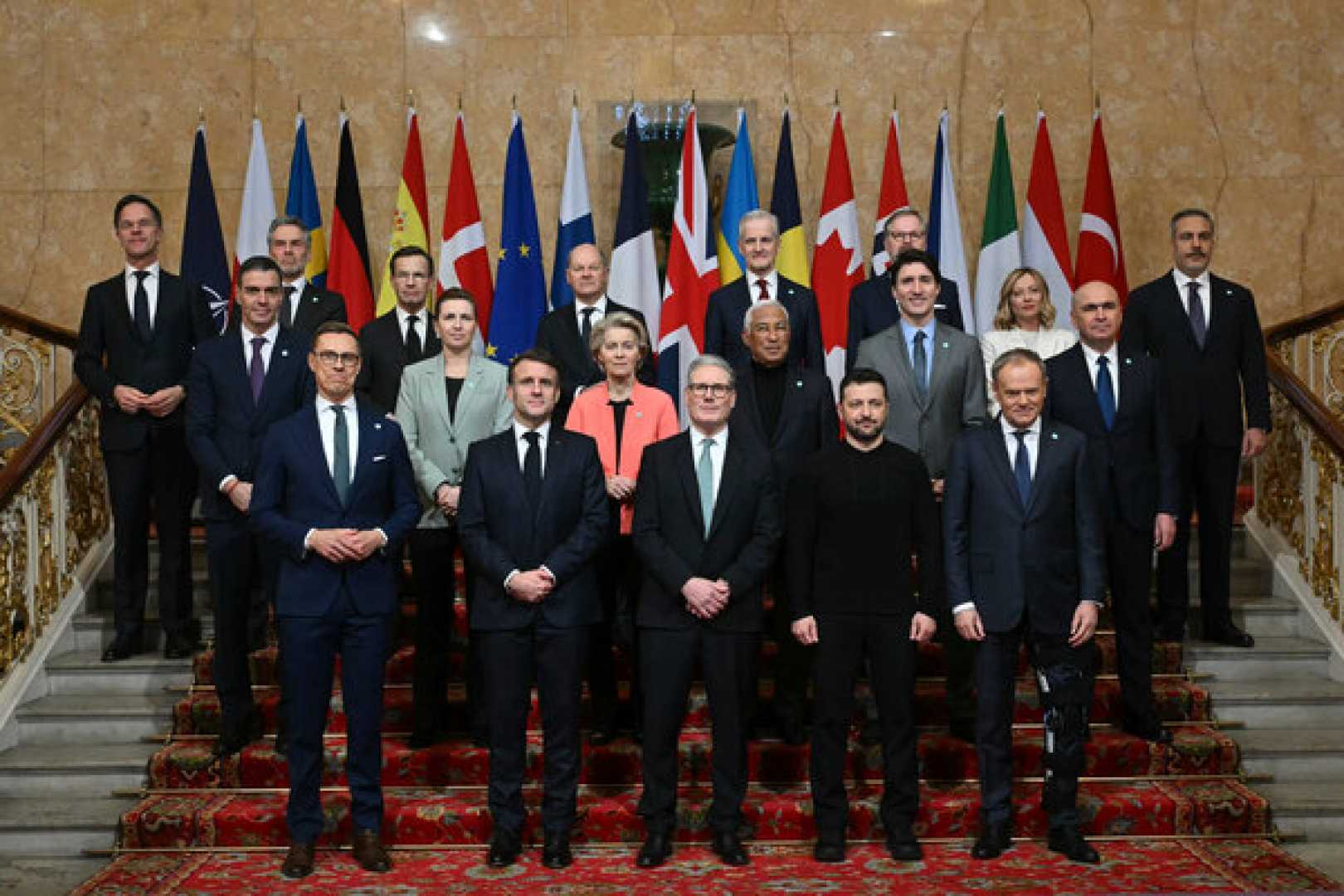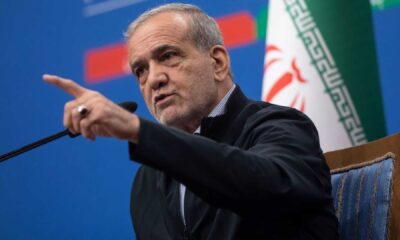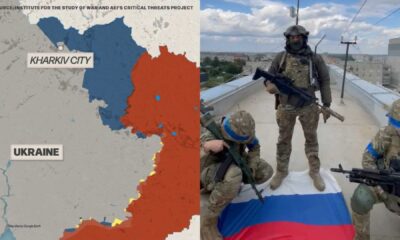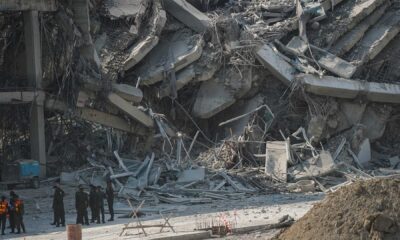World
Europe’s Military Strategy in Ukraine Faces Uncertainty and Challenges

PARIS, France — As European leaders convened for urgent discussions on supporting Ukraine, the prospect of deploying ground troops has dimmed amid logistical concerns and shifting rhetoric.
Following Ukrainian President Volodymyr Zelensky‘s recent high-profile meeting in Washington, British Prime Minister Keir Starmer expressed confidence in mobilizing British forces should a ceasefire with Russia be established. However, subsequent meetings in London and Paris have led to a reconsideration of this approach.
Starmer reinforced this change in direction, stating, “This is not a moment for more talk. It is time to act.” Yet, after joining other European leaders for talks, the consensus seems to favor a reformed concept of a “reassurance force” instead of direct military engagement.
At a press briefing, French President Emmanuel Macron clarified that such a force would not operate on the front lines or act in combat roles alongside Ukrainian forces. “We are looking into the air, at sea, and on the ground as well. Nothing is excluded,” Macron noted.
Nevertheless, reports suggest that the UK, in particular, is reassessing its willingness to send troops into Ukraine. French and British military officials must now work together with their Ukrainian counterparts to define the structure, number, and capabilities of this potential reassurance force.
Andriy Zagorodnyuk, Ukraine’s former defense minister, raised practical concerns about the planning of European forces. He emphasized the complications of stationing troops along Ukraine’s extensive 1,000-kilometer front line with Russia and the unlikelihood of European troops engaging directly with Russian military forces.
“If they end up sending 10,000 people to stay in Kyiv, unable to leave the city, that’s certainly not going to change anything in Russia’s calculations,” he told CNN.
Zagorodnyuk further warned that merely maintaining a presence in Kyiv while failing to conduct effective operations elsewhere could weaken Europe’s negotiating position against Russia. The potential for Russia to launch attacks that could expose the limitations of European forces remains a significant concern.
In a paper published by the Royal United Services Institute, Zagorodnyuk proposed an alternative strategy involving a commitment to air support rather than ground troops. “Airmen boots” on the ground would entail deploying warplanes and logistical support to patrol Ukrainian airspace against Russian strikes.
This strategy could allow Ukraine to focus on defending its eastern territories while potentially minimizing risks associated with deploying ground forces. He mentioned, “Even a reassurance force that extended no further than putting air assets inside Ukraine would still be a major step for Europe.”
As deliberations continue, Europe faces the critical task of balancing support for Ukraine with credible military commitments. Expectations surrounding any potential deployment must be carefully managed to avoid undermining confidence in European capabilities.
Failure to meet outlined commitments may not only disillusion Ukraine but also embolden figures like Russian President Vladimir Putin and former U.S. President Donald Trump, who could see any perceived inadequacy as evidence of European weakness.












